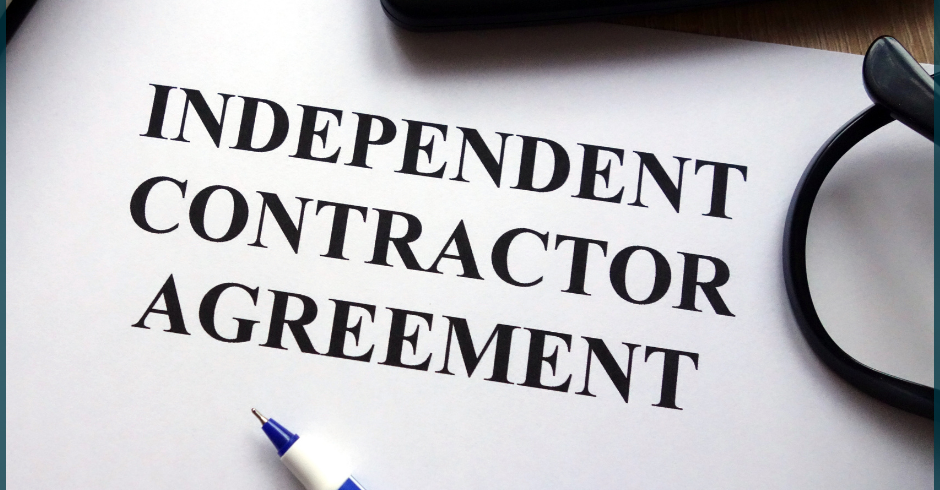With COVID-19 vaccines on the horizon, it is imperative for employers to create an effective and lawful vaccine program for its employees. On December 16, 2020, the Equal Employment Opportunity Commission (“EEOC”) updated its guidance on the rights and responsibilities of employers and employees related to COVID-19 vaccination, including when employers may require employees to be vaccinated. Although employers may want to mandate vaccines for all employees before returning to the office, there are important issues to consider before doing so.
Can businesses require employees to get the COVID-19 vaccine?
Yes, the EEOC confirmed that employers have the authority to mandate employee vaccination before returning to the workplace. Employers may also require employees to provide proof they have received a COVID-19 vaccination. However, the EEOC cautions that employers who require such proof should warn the employee not to provide any medical information as part of the proof to avoid implicating the Americans with Disabilities Act (“ADA”).
Can employees be exempted from mandatory COVID-19 vaccinations?
Yes. Employers must consider legitimate employee objections to COVID-19 vaccination. Objections will generally fall in one of two categories: (1) disability-based objections and (2) objections on a sincerely held religious belief.
(1) Objections Based on Disability
Under the ADA, employees may request an exemption if they have a disability that prevents them from being vaccinated. Employers must then engage with the employee in an interactive process to determine whether there is a reasonable accommodation the employer can provide. Failure to engage in this interactive process or provide a reasonable accommodation creates possible liability for the employer. Possible reasonable accommodations may include teleworking, protective equipment (e.g., face masks), a modified work schedule, or increased social distancing measures. Further, the EEOC states, “if an employer determines that an individual who cannot be vaccinated due to disability poses a direct threat at the worksite, the employer cannot exclude the employee from the workplace unless there is no way to provide a reasonable accommodation (absent undue hardship) that would eliminate or reduce this risk so the unvaccinated employee does not pose a direct threat.”
(2) Objections Based on Religious Belief
Under Title VII, reasonable accommodations must also be provided for employees with sincerely held religious beliefs, practices, or observances that prevent vaccination. If, however, an employee requests a religious accommodation, and an employer has an objective basis for questioning either the religious nature or the sincerity of a particular belief, practice, or observance, then the employer would be justified in requesting additional supporting information under Title VII. Employers can deny religious accommodations if such accommodations cause an undue burden on the employer; however, employers should still engage with the employee in an interactive process to establish whether the employee can be accommodated with little burden to the employer.
What if a reasonable accommodation is not available?
If an employee refuses a vaccine for COVID-19 because of a disability or sincerely held religious belief, and there is no reasonable accommodation available, then the EEOC concludes that it would be lawful for the employer to exclude the employee from the workplace. However, employers should not automatically terminate the workers in these instances. Employers will need to determine if any other rights apply under the EEO laws or other federal, state, and local authorities.
Deciding how businesses should move forward with creating COVID-19 vaccine policies is industry-specific and depends greatly on the nature of the workplace. Please contact your KDDK attorney or any member of the KDDK labor and employment law team for additional information and individualized guidance on COVID-19 vaccine policies or any related topic.






